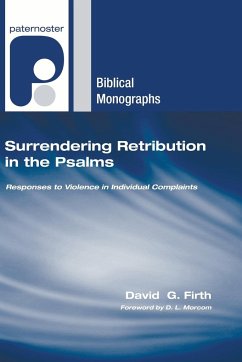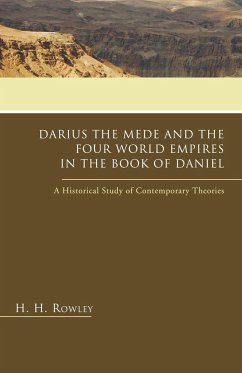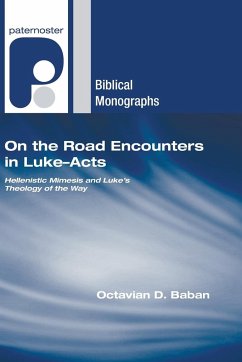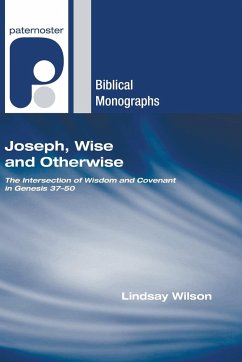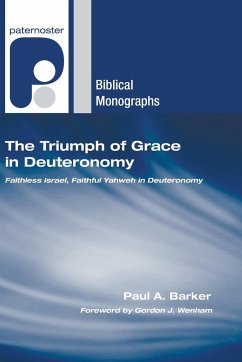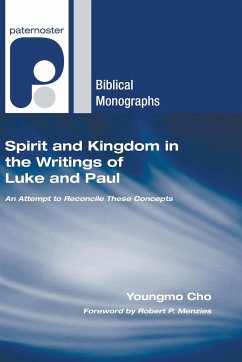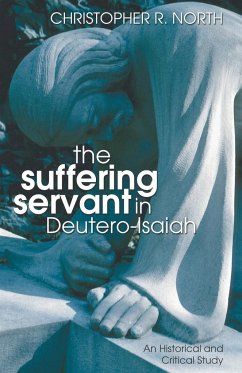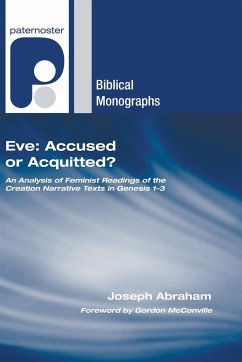In 'Surrendering Retribution in the Psalms', David Firth examines the ways in which the editors of the Psalms have provided a model of prayer and the surrender of the right of retribution to Yahweh as the appropriate way to respond to violence. This breaks fresh ground on the question of the ways in which the book of Psalms offers instruction. This instruction is then applied to the context of South Africa where he was working as a missionary when he wrote the original thesis. In this way, the continuing missiological significance of these Psalms is also explored. The imprecatory psalms have been something of a bugbear for Christians throughout many generations. How are we to read and understand them? How do we deal with their angry tone? Do they not fall some way short of a truly Christian ethic? This has led many to effectively reject these psalms from the canon of Scripture. David Firth's careful study goes a long way to answering these questions. His contextual reading of these poems as a response to violence aids our understanding of both their tone and content. Firth draws his conclusions from the text of these much maligned psalms and shows that they are, perhaps, not as radically different from the rest of Scripture as one might think. I thoroughly commend this first-rate work. --Jamie Grant, Lecturer in Biblical Studies, Highland Theological College, Dingwall, Scotland Although violence is an issue permeating the Old Testament, much research on this topic is still needed. Dr Firth's book makes an important contribution focusing on violence in the Psalter. Different groups of the Psalms of the individual are investigated to determine their attitude to violence. A total of 13 psalms have been identified and thoroughly investigated, paying attention to form critical aspects, structure, the nature of and response to violence. The interesting result this investigation comes to is that physical violence is imminent and not real, while psychological violence is proved to be dominant. Another surprising result is that retribution is sought from Yahweh rather than engaging in acts of personal retribution. Moreover, even the retribution sought was limited. This book provides a fresh interpretation of some of the psalms and offers some new reflections on the use of Gattung and determining the Sitz im Leben and how these form critical considerations may aid us in the ongoing task of interpreting the psalms. Highly recommended reading for Old Testament scholars and pastors interested in the Psalter and the issue of violence in the Old Testament. --S. D. Snyman, University of the Free State, Bloemfontein, South Africa David Firth's exegetical endeavors in allowing the Psalms to speak to us (and for us!) again about surrendering the human retributive response to violence in favor of a radical trust in God are so important. --Donald L. Morcom, from the Foreword David G. Firth studied theology in his native Australia before working as a missionary with the Australian Baptist Missionary Society. He now resides in England with his wife and three children.
Hinweis: Dieser Artikel kann nur an eine deutsche Lieferadresse ausgeliefert werden.
Hinweis: Dieser Artikel kann nur an eine deutsche Lieferadresse ausgeliefert werden.

